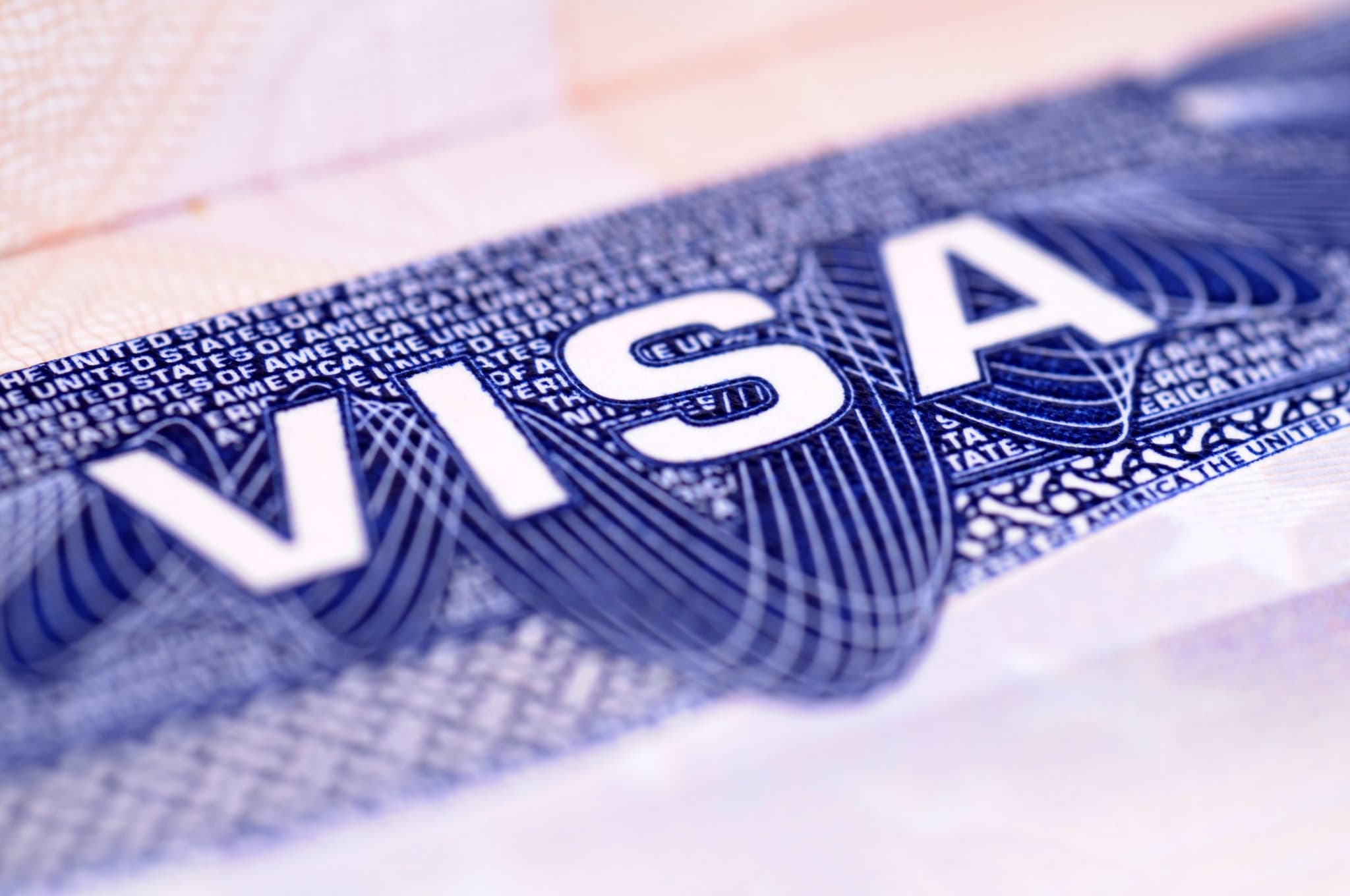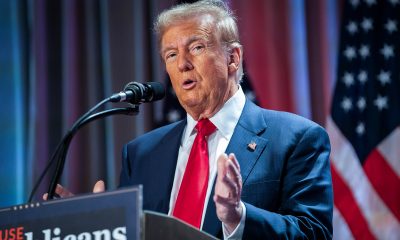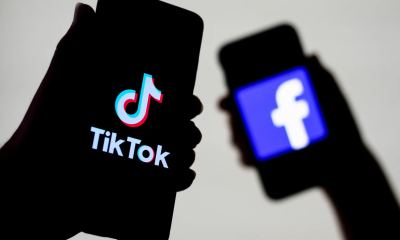Americas
US Visa Applicants Must Now Disclose All Social Media Accounts They’ve Had From The Past 5 Years
The embassy emphasized that applicants must certify the accuracy of all information before submitting their applications, warning that “omitting social media information on your application could lead to visa denial and ineligibility for future US visas.”

The United States Embassy has implemented a strict new requirement that could significantly impact millions of visa applicants worldwide, including Kenyans seeking to travel to America.
All US visa applicants must now provide comprehensive details of every social media account they have used over the past five years, with failure to comply potentially resulting in visa denial and permanent ineligibility for future applications.
This mandatory disclosure applies to the DS-160 visa application form, where applicants must list usernames and handles from every social media platform they have accessed during the specified period. The requirement covers major platforms including Facebook, Instagram, LinkedIn, Pinterest, Reddit, Tumblr, Twitter, and YouTube, as well as regional platforms like Douban, VKontakte, and Youku.
“Visa applicants are required to list all social media usernames or handles for every platform they have used in the past five years,” the US Embassy stated in its recent announcement. The embassy emphasized that applicants must certify the accuracy of all information before submitting their applications, warning that “omitting social media information on your application could lead to visa denial and ineligibility for future US visas.”
The enhanced vetting measures represent a significant escalation of social media screening policies that have been in place since 2019, but have become considerably more stringent under the current administration’s immigration policies. What makes this requirement particularly impactful is its retroactive nature, requiring applicants to recall and disclose social media activity spanning half a decade.
For international students seeking F, M, and J visas, the requirements have become even more demanding. Recent policy updates now require these applicants to make their social media accounts public, allowing consular officers to review posts, comments, shared media, tags, reactions, and account interactions as part of the vetting process. This level of scrutiny reflects the administration’s focus on filtering applicants based on their online expressions, particularly regarding political opinions, global issues, and content deemed potentially problematic.
The policy change comes amid heightened efforts to combat visa fraud and strengthen immigration controls. The US Embassy has simultaneously warned that individuals found engaging in fraudulent activities to obtain visas will face lifetime bans from entering the United States. “Those who commit visa fraud will be banned from the United States for life,” the embassy stated, adding that criminal charges may be pursued against offenders.
For travelers, this development signals a new era of digital transparency in visa applications. The requirement effectively means that casual social media users must maintain detailed records of their online presence, including platforms they may have briefly used or forgotten about. The policy recognizes that social media activity has become an integral part of personal identity verification and national security screening.
Privacy advocates have raised concerns about the extensive nature of this digital surveillance, particularly given that applicants must provide access to five years of personal online activity. However, the US government maintains that applicants are not required to provide passwords to their accounts, and consular officers cannot modify applicant profiles.
The practical implications for visa applicants are substantial. Travelers must now conduct thorough audits of their social media history, ensuring they can account for every platform used over the past five years. This includes not just major platforms but also professional networks, dating apps, gaming platforms, and regional social media sites that maintain user profiles.
Travel industry experts suggest that prospective applicants should begin documenting their social media usage immediately, creating comprehensive lists of all platforms and associated usernames. They also recommend reviewing past posts and online activity to ensure consistency with visa application information.
The new requirements underscore the evolving landscape of international travel, where digital footprints have become as important as traditional documentation. For the millions of people who rely on US visas for business, education, tourism, and family visits, this policy represents a fundamental shift in how personal information is evaluated in the visa process.
As global mobility increasingly intersects with digital identity, travelers must now navigate not just physical borders but also the complex terrain of their online presence, making social media literacy and digital responsibility essential skills for international travel in the modern era.
Kenya Insights allows guest blogging, if you want to be published on Kenya’s most authoritative and accurate blog, have an expose, news TIPS, story angles, human interest stories, drop us an email on [email protected] or via Telegram
-

 Grapevine6 days ago
Grapevine6 days agoAlleged Male Lover Claims His Life Is in Danger, Leaks Screenshots and Private Videos Linking SportPesa CEO Ronald Karauri
-

 Lifestyle1 week ago
Lifestyle1 week agoThe General’s Fall: From Barracks To Bankruptcy As Illness Ravages Karangi’s Memory And Empire
-

 Grapevine2 days ago
Grapevine2 days agoRussian Man’s Secret Sex Recordings Ignite Fury as Questions Mount Over Consent and Easy Pick-Ups in Nairobi
-

 Investigations2 weeks ago
Investigations2 weeks agoEpstein Files: Sultan bin Sulayem Bragged on His Closeness to President Uhuru Then His Firm DP World Controversially Won Port Construction in Kenya, Tanzania
-

 News2 weeks ago
News2 weeks agoAUDIT EXPOSES INEQUALITY IN STAREHE SCHOOLS: PARENTS BLED DRY AS FEES HIT Sh300,000 AGAINST Sh67,244 CAP
-

 Business2 weeks ago
Business2 weeks agoKRA Can Now Tax Unexplained Bank Deposits
-

 Investigations1 week ago
Investigations1 week agoEpstein’s Girlfriend Ghislaine Maxwell Frequently Visited Kenya As Files Reveal Local Secret Links With The Underage Sex Trafficking Ring
-

 News1 week ago
News1 week agoState Agency Exposes Five Top Names Linked To Poor Building Approvals In Nairobi, Recommends Dismissal After City Hall Probe



























